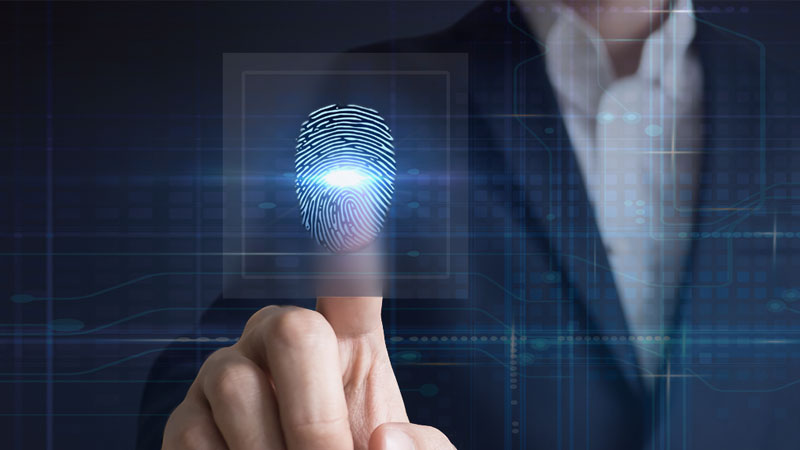Fingerprinting Banking Will Reduce Identity Theft – Experts—Some experts have commended the introduction of fingerprinting banking, saying that it will reduce identity theft, said to be on the rise in banking, e-commerce and other financial activities in Nigeria.
They expressed their views in separate interviews with the Newsmen in Ibadan on Monday.
NAN reports that there has been an increase in cyber fraud in some financial institutions in the country, according to Nigeria Inter-Bank Settlement System (NIBSS), in its industry fraud report.
Mr Gbenga Adeleye, Head, Human Resources Development, Science and Technology Cluster Committee, African Union, Economic, Social and Cultural Council (ECOSOCC) Nigeria, said the country’s economy would benefit greatly from biometric technology as a way of enhancing efficient financial transactions.
“This is due to a unified credit performance system that will allow lenders and credit bureaus to implement the Central Bank of Nigeria’s “Know Your Customer (KYC)” policy.
“Also, unethical practices will be reduced, and banking activities appropriately monitored, as customers who borrow money from one bank and default will not be able to do same money from other banks without being detected,” Adeleye said.
A Financial Consultant with L.A. Konsult, Mrs Lolade Adesola, said with the increasing cases of identity theft, biometric identification appeared to be a veritable way out.
“If it is introduced at every level, it will be very helpful, because fingerprints are unique and good for identification purposes and financial transactions, even for identical twins.
“It is a good step if financial agencies get the infrastructure to be able to use fingerprints for identification. It is a good way forward,” Adesola said.
She, however, added that there must be a slow transition period for use of fingerprints as a biometric technology for trading and transaction purposes.
Also, Mr Tunji Adepeju, a financial expert, described fingerprinting as about the most secure biometric technology and a better way of checking identity theft.
“Somebody can forge a signature to sign a cheque or document, but the use of biometric technology, such as fingerprinting, will be able to detect it.
“Also, there are times you want to make withdrawals and you are not with your ATM card or even your cheque book; fingerprinting banking will be available for such persons to do their financial transactions.
“Although such service may attract extra charges by financial institutions, it would have, at least, solved the problem and guarded against possible frauds in the system,” he said.
Adepeju also stated that use of fingerprinting could help in achieving more financial inclusion, as those who couldn’t use ATM cards, for whatever reason, would have alternative means of carrying out their financial transactions.
Dr Oludayo Tade, of Department of Sociology, University of Ibadan, said that fingerprinting was good, as it simplified the problems associated with other methods of accessing banking services.
Tade, a criminologist, however, stated that the security system associated with the new method should be improved upon to enhance its efficiency and effectiveness

